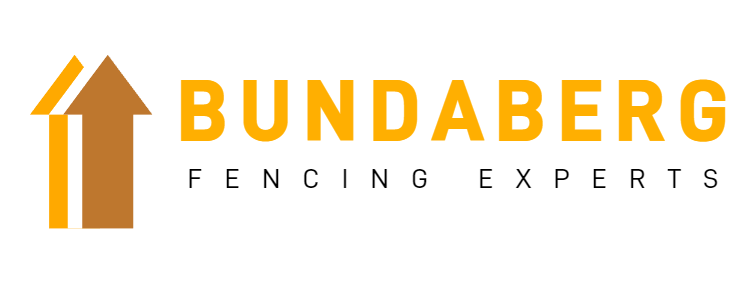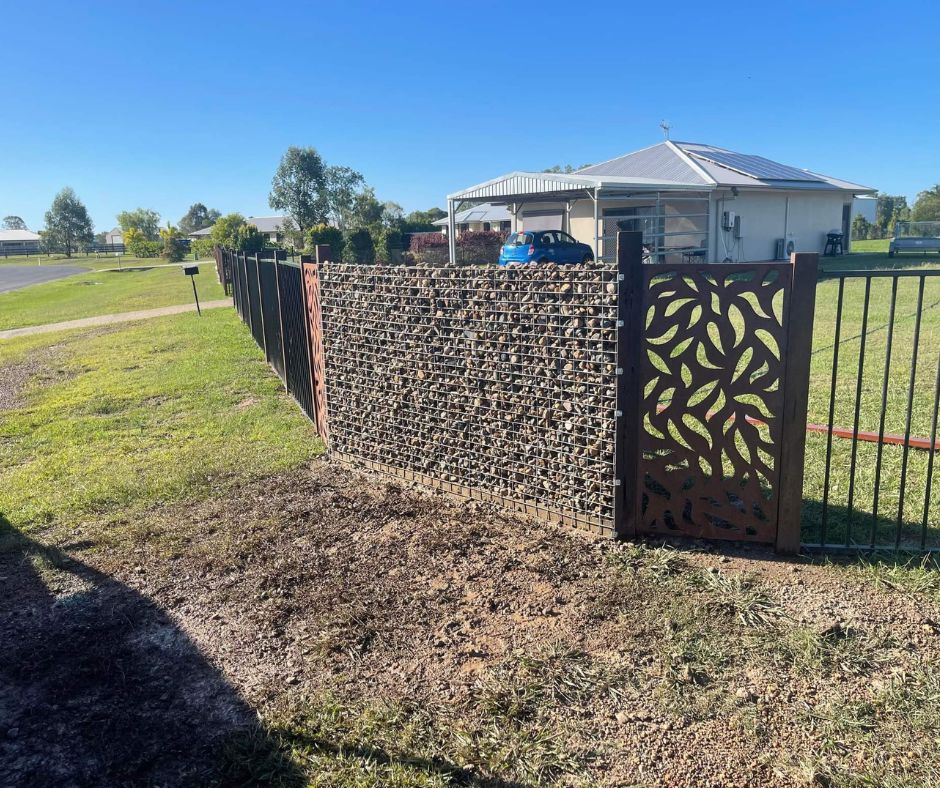Building a fence can greatly improve the safety, privacy and aesthetic appeal of your property. However, it might be best to remember that not all fencing materials are created the same way. Before you proceed with the project, you have to ensure that you are getting the one that is suitable for your specifications and preferences.
There are several aspects to keep in mind when deciding what fencing material is best for your property. For instance, you have to consider the climate in your area, the functionality you require, and the style of your home. At Bundaberg Fencing, we have come up with the top five fencing materials along with their advantages and disadvantages to aid you in picking the right fencing material for your home.
Chain Link
Chain link fences are a practical and long-lasting option that many people choose for their properties. Although its open links do not provide as much privacy, it can still provide adequate security for children and pets. Besides that, this type of fencing material is a popular choice for large rural yards because it is an economical alternative and is a manageable material for DIY installations.
Advantages:
- inexpensive and durable
- can last for a long time even with minimal maintenance
- sturdy enough and can be easily installed
Disadvantages:
- not a good alternative if you are after the aesthetic value because it is mainly designed for utilitarian purposes
- doesn’t feature the same level of privacy and security that other metal fences like steel, wrought iron and aluminium offers
Timber
Timber is one of the traditional choices when it comes to fencing in Australia. It is popular for residential properties because it offers a natural and attractive appeal that makes the house more welcoming. There is a lot of timber variety that can be used for fences, but you have to ensure that the one you will pick is suitable for your budget. Pressure-treated pine is the most practical and affordable fencing choice. However, if you prefer to use redwood, cedar or other tropical hardwoods, you can expect to pay more not only for the materials but also for installation costs.
Advantages:
has cheaper upfront cost compared to other fencing materials
- aesthetically pleasing and can be improved using a variety of stains or paint
- can seamlessly blend into any yard style
Disadvantages:
- requires ongoing maintenance and needs to be annually sealed to be more durable
- eventually warps and rots after a couple of years
Wrought Iron
If you are scouring for a material that works well with creative and decorative styles, wrought iron can be an excellent choice. Since it is one of the strongest fence materials, you can achieve the security and protection you require. Besides that, it will not warp, rot or succumb to pest infestations, unlike wood.
Advantages:
- if well-maintained, wrought iron fences can last for decades
- can be customized to any style you want
Disadvantages:
- quite expensive compared to other metal fences like steel and aluminium
- not suitable for damp areas because it can succumb to rust
Vinyl
Vinyl fences can be a great option for you if you want a material that has a long lifespan and requires little maintenance. Since the vinyl fences can be easily installed, you can save time, money and effort when you use this material.
Advantages:
- top-quality vinyl fences will not fade and can look good as new for a decade even with little maintenance
- can easily be customized to suit different architectural styles
Disadvantages:
- requires precise installation
- higher costs compared to wood and chain link fences


